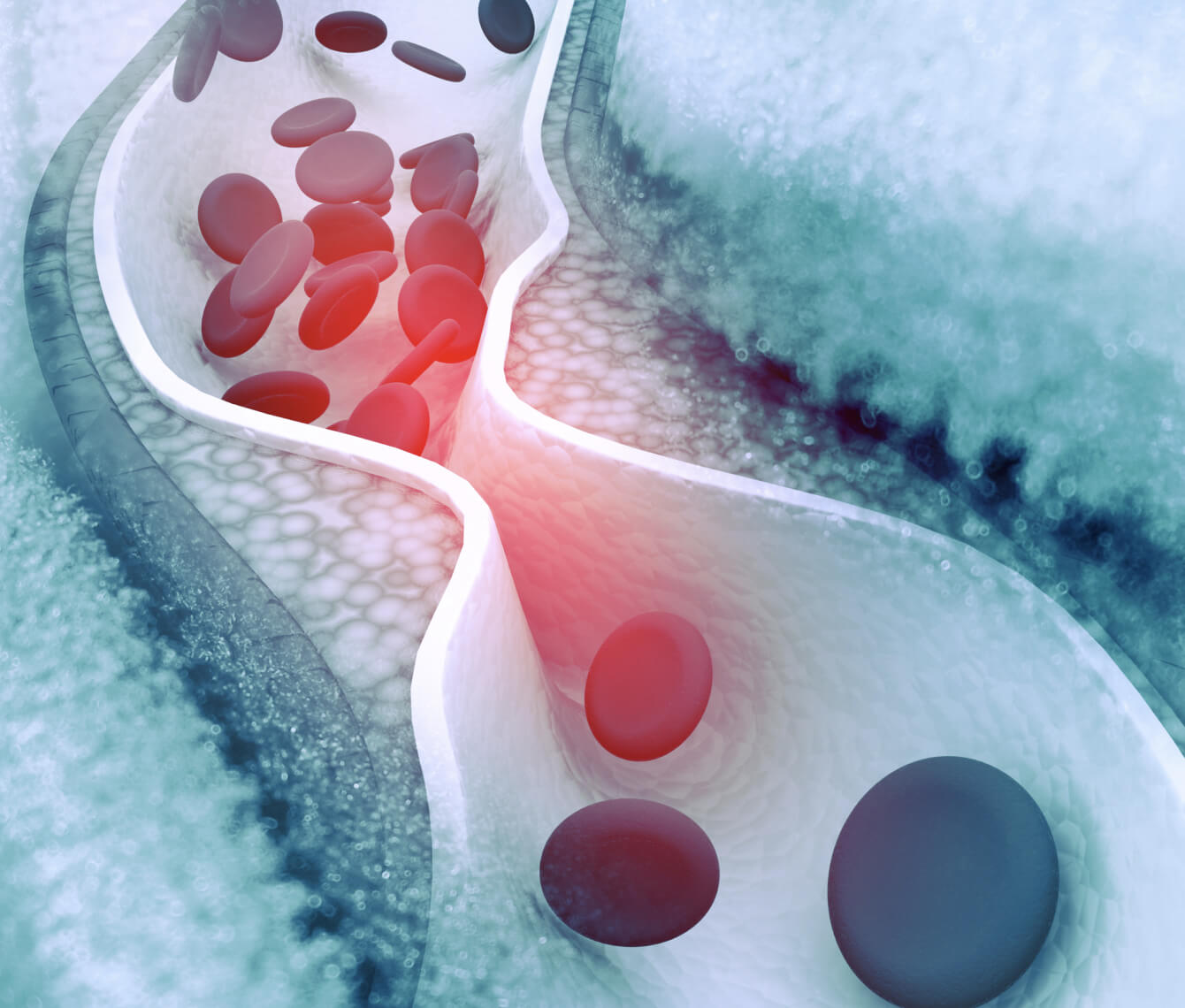FDA Cholesterol & Statin Expert
What is a Statin Expert?
Statins or HMG-CoA reductase inhibitors are one of the top five most commonly prescribed drugs in North America. Statins are generally very beneficial and safe medications but serious side effects have been shown to occur due to the sheer number and the wide-ranging diversity of the individuals taking statins. There are seven different statin-type medications currently on the market with widely ranging efficacy and safety profiles.
Some of the more serious or severe safety side effects seen with statins include diabetes and cognitive difficulties, neuropathy, liver effects, memory loss, nerve problems, myositis, myalgia, myositis rhabdomyolysis.
Although statins are excellent drugs with a remarkable history of saving millions of
people from atherosclerosis, it is important to carefully monitor for adverse events that Hmg coa reductase inhibitors may cause.
In a litigation or lawsuit regarding statins, it is important to have someone knowledgeable in the regulatory affairs of statins, meaning someone who has worked with them closely within the FDA, instead of pharmacologists who do not understand the multitude of regulations regarding statins.


Early in life cholesterol plays a significant role in cell assembly and fetal development. To an adult, cholesterol conducts a significantly smaller role in cell maintenance and no role in neurodevelopment, because the neurological system is already fully matured.
Due to the wide availability of dietary lipids and oils, any cholesterol expert will cite the leading cause of excess cholesterol today is due to the excess dietary intake of oils, fats, and lipids.
There are only two sources of cholesterol: dietary cholesterol and cholesterol synthesis from scratch, more prominently performed by the liver. The most common cause for high dietary levels is excessive intake. Therefore, dietary adjustments are the first line treatment in controlling high cholesterol.
The secondary cause is excessive hepatic production, as the human liver has the ability to produce cholesterol from scratch, and specific genetic factors and gene mutations may cause an increased production or decreased metabolism of cholesterol production.
The preferred first-line treatment in pharmacologically altering cholesterol is by use of HMG-CoA reductase inhibitors, more commonly referred to the a “statins.”
Following over four decades of clinical use, Statin experts acknowledge that statins are the most prominent factor in increasing longevity in individuals with excess cholesterol, regardless of the source.
In stating the benefits of lowering cholesterol, cholesterol experts and statin experts reference clinical studies, the accumulation of which now exceed 100,000 patients in published, peer-reviewed clinically-controlled studies, that using statins to meaningfully lower LDL (low-density lipoprotein) cholesterol, will prevent early death in those with high LDL cholesterol.
The clinical outcomes data is overwhelmingly positive with regards to the benefits of cholesterol-lowering through the use of statins. Experts will concur that although the lowering of LDL-levels with statins, the complete and full ability to use statins to treat high LDL-levels is limited due to the statins’ inherent mechanism of action and the adverse effect of using statins to treat to goal.
Side effects, with an emphasis on myopathies, myalgias and rhabdomyolysis limit the use of statins in many individuals. Because of the limit of statins due to adverse effects as well as the lack of the statins’ mechanism, further research is ongoing in multiple arenas, including inflammation, immunology, and cell-migration, as well as others.
